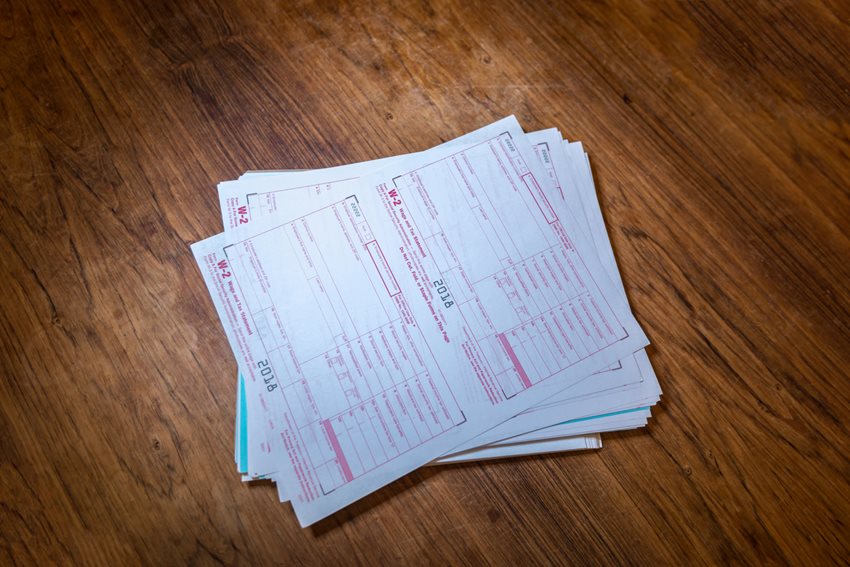
A new California law, Assembly Bill 5, is in effect for 2020. It significantly affects employers that hire and classify California employees as “1099”/independent contractors.
California’s AB 5 – which was signed into law in September 2019, and went in effect January 1, 2020 – creates a stringent, new test employers must run for each contract employee to determine the employer’s ability (or inability) to classify California workers as independent contractors.
ABC Test for 1099/Contractor Employee Status
The new test, often referred to as an “ABC Test,” is a three-prong test that determines whether workers should be classified as employees or independent contractors. Per the ABC test, California considers a worker to be a non-contract (and thus, a standard W-2) employee unless the “hiring entity” (employer) establishes all of the three following factors:
- The hiring entity (employer) does not control or direct the work, both in fact and according to the contract for the work’s performance.
- The worker performs tasks that are outside the usual course of the hiring entity’s business.
- The worker is customarily engaged in an independently established trade, occupation, or business of the same nature as the work performed for the hiring entity.
Of the three prongs in the test, item “B” is the one most employers will have a difficult time passing. Employers must prove the worker performs work that is outside the usual course of the hiring entity’s business. A contractor hired to fix a plumbing issue at a gym, for example, will likely pass this portion of the test. A contractor hired to train athletes at that same gym, however, will likely not pass this portion of the test.
Categorization of employees is highly important; the employer could face an array of legal trouble if categorization is not conducted properly. Unlike independent contractors, standard employees must be paid at least minimum wage, must receive overtime pay as applicable, must be considered for PTO/paid sick leave as applicable, etc. Employers must also account for adjusted Social Security taxes, workers’ compensation changes, and more for newly re-classified employees.
Furthermore, an influx of new W-2 employees will have ramifications on a group health plan. Employers with group health plans must generally offer benefits to all eligible Full Time (FT) employees, including newly re-classified employees who are now on the employer’s W-2 for the first time. The increase in W-2 employees can also change an employer’s potential liability for the ACA’s Employer Mandate and its Applicable Large Employer (ALE) status, and can influence other areas such as COBRA responsibility, Medicare Primary/Secondary payer status, employer health insurance market segment, etc.
Employers should consult legal counsel when conducting these tests to ensure full compliance with the law, specific with the employer’s own specific circumstances.
Exemptions
The law exempts some occupations from application of the new ABC test. These exempt occupations include licensed insurance agents, certain licensed health care professionals, registered securities broker-dealers or investment advisers, direct sales salespersons, real estate licensees, commercial fisherman, workers providing licensed barber or cosmetology services, and others performing work under a contract for professional services, with another business entity, or pursuant to a subcontract in the construction industry. Most industries are not exempted from the California law.
What does this mean for health insurance carriers?
We are in the process of polling our carrier partners for any new policies or procedural updates resulting from the new law that could affect you. Stay tuned to this column for future updates from our carriers.

